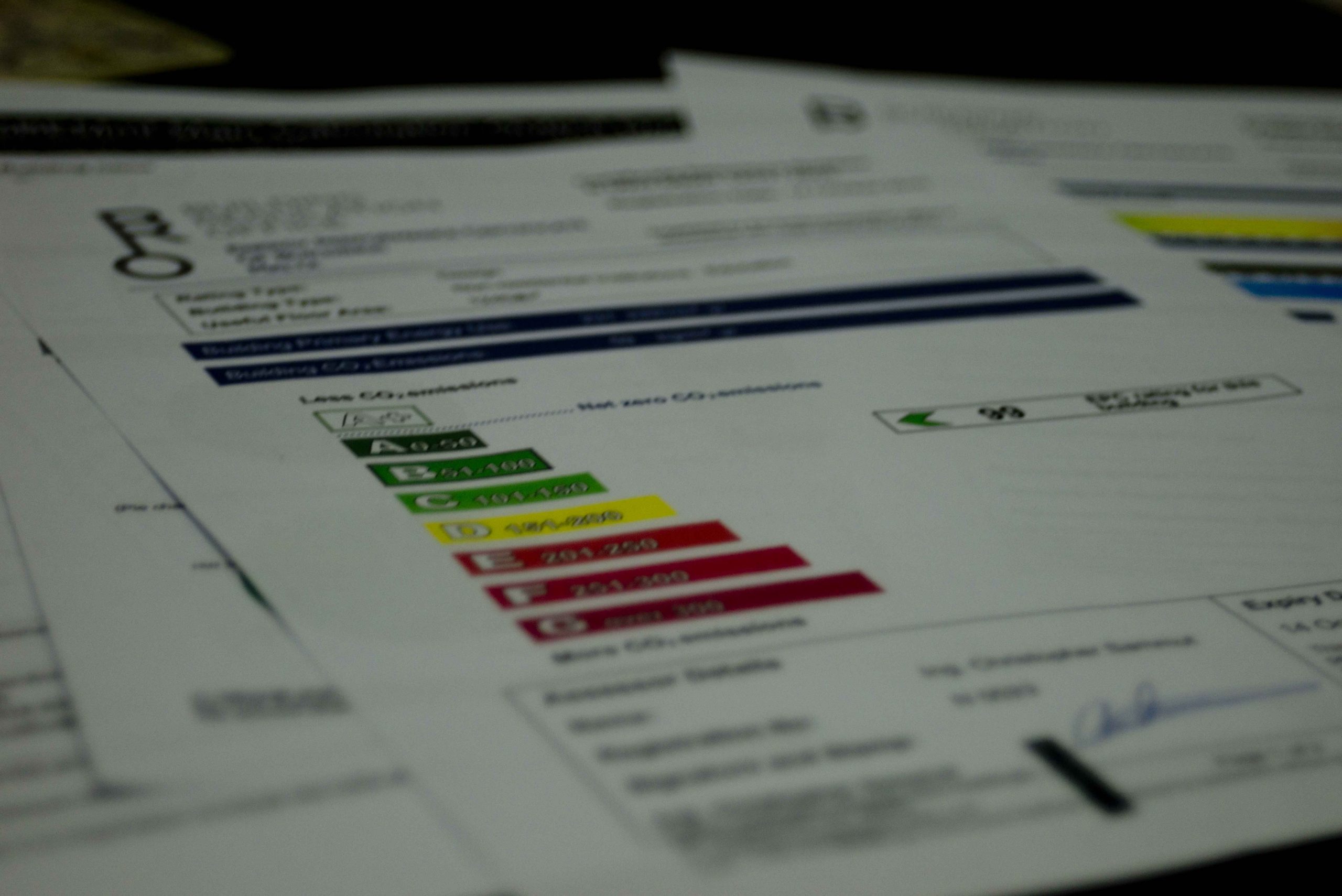
30 Mar Ask the engineer – EPC Certificates part 1
In a series of articles, we shall be dealing with different topics and looking at some of the questions that you might need to ask your engineer.
Finding the correct information in one place will save you a lot of time, and help you make the right decisions.
In this article, we will start with a topic that is at the heart of how our buildings work: energy. Moreover, the way that energy, from the sun as heat, through light, or as we are most familiar with it, as electricity or other types of fuels, is used by the building, determines how well the property functions in terms of its energy efficiency. This is the energy performance of a building.
Whichever way we look at it, ultimately our goal is to use that energy as efficiently as possible. This means that we are able to make use of sources of energy, including paid electricity and gas, to light up our home, have hot water, cool or heat our rooms, use our favourite appliances such as ovens, fridges TVs and tumble dryers easily, and keep all other devices running without fail. The idea is to save money by not wasting energy.
So, an EPC Certificate, or by its full name, an Energy Performance Certificate, is a good place to start.
Here are some questions you might wish to ask your engineer or EPC assessor.
Q1: What is an EPC?
A1: An EPC is a certificate that talks about the energy consumption and performance of a building. It takes into account a number of factors, for example, the way the property is built, the efficiency rating of the systems in place, any renewable technologies, such as photovoltaic panels (PV), and whether your building is ‘leaky’, in other words, losing energy to the outside.
Q2: For how long does an EPC Certificate remain valid?
A2: Unless you make alterations to the building that are going to affect its energy performance, your EPC Certificate will remain valid for up to 10 years.
Q3: Why do I need an EPC?
A3: In most cases, you will need an EPC because it is required by law. It is a legal obligation to have an EPC for an already built property that is either being sold, or rented out. If the property is subject to a development permit from the Planning Authority of Malta, either because it is being designed or modified, then it also needs to be covered with an EPC Certificate.
Q4: Do I get any benefit from an EPC?
A4: The answer is yes. An EPC is a simple yet effective tool that helps you make an informed decision when you are considering to buy or rent a property. Together with other factors, such as location of the property, size in square metres, number of years it has been built, etc., knowing about how well the property uses energy is a key factor in your value for money equation, especially when you think about features of the building that cannot be changed easily or at low cost.
We will continue to answer more of your questions on the subject of EPC Certificates in the next article.
Until then, should you need to get in touch with our engineers and assessors, call us on 21435082 or send us an email on info@sammutandassociates.com.
You may also use our contact form, or visit our page on Facebook.

